Hey folks,
It’s incredible that another week has already gone by. Before coming to DigiPen, I was told that each subsequent semester for the first two years would be harder than the last. All I can say is that I definitely believe it!
And while all of my classes have become more demanding, the most nerve-wracking one is definitely our GAM150 class: We’re programming our games in C from scratch this semester (well, almost, as I’ll explain in a moment).
Last semester we used a game engine called Zero to build our game. This is a very common practice, and many games from small developers are made using independent game engines that do a great deal of the underlying ‘heavy lifting’ for you. Relying on these engines isn’t necessarily a bad thing – we buy a hammer from the hardware store instead of making one ourselves for the same reason! But programming your own tools allows for far more complex design, which is why we spend this semester building our own. The problem is, once you are suddenly faced with programming everything from memory management systems on the computer to creating a physics engine, the advantages of those pre-made tools becomes much more obvious.
In our case, we have to make our hammer so we can use it. But that’s not the real problem. The real problem is that we’re not really making the hammer. We’re trying to tell a device that has no idea what a hammer is and doesn’t speak our language how to make a hammer. Now imagine its not the hammer but the whole tool-set. Once we’ve done that, then we can make our game. In 15 weeks. No pressure.
Fortunately (perhaps unfortunately) there is one tool we don’t have to make, which is the graphics tool-set that draws directly onto the screen. That is provided for us, although it is a very limited one. It can draw lines and triangles using points and add some colors to them. That’s about it. We’re responsible for anything else we want to do graphics wise.
All of the difficultly aside, actually working on the base components of a game is pretty interesting, and extremely useful. Games are a model for other systems – often they are silly or fantastical systems, but they are systems nonetheless. Knowing how to make the components of any type of system is really cool. As for our ‘model’ this semester, my team is working on a tactical turn-based artillery shooter we’re calling ‘Skirmish’.
This is obviously just a mock-up, but the idea is that each player will control a tank that can move, aim, and shoot on each player’s turn. Our goal is to have destructible terrain and different power-ups to make the battles more tactical and strategic than just aim and shoot. We’ll see how it turns out, but its a good starting point for game design from the perspective of it both having many smaller facets, and having the opportunity to really tweak and improve the balancing/fun factor of the game.
I’ll keep you posted on how it progresses. Now, it’s about time for me to head out, but I hope all of you will be rooting for the Seahawks in the Super Bowl next weekend! The buzz is growing around here, and everyone is very excited about the game. As a final note before I go, if you’ve read Book II, please review it on Amazon! Your honest reviews help the book out immensely.
See you next week!


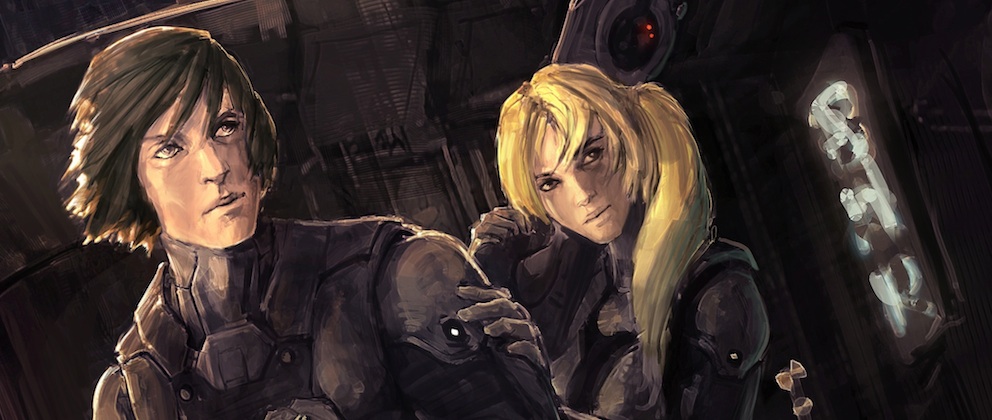
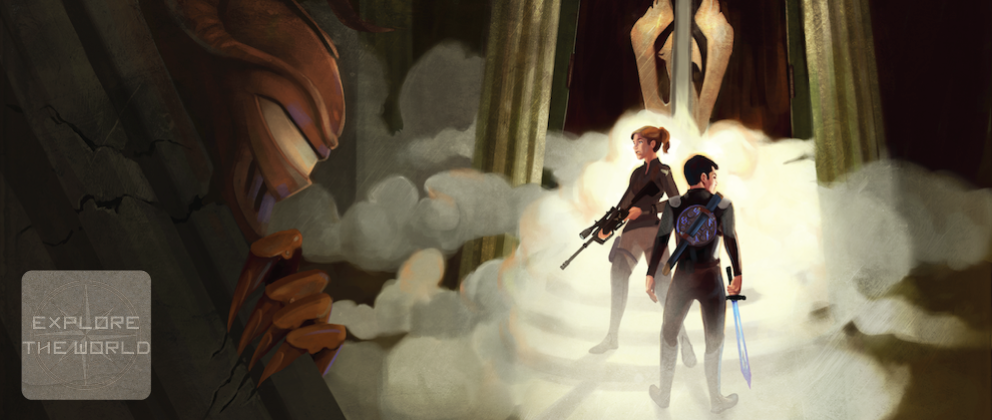
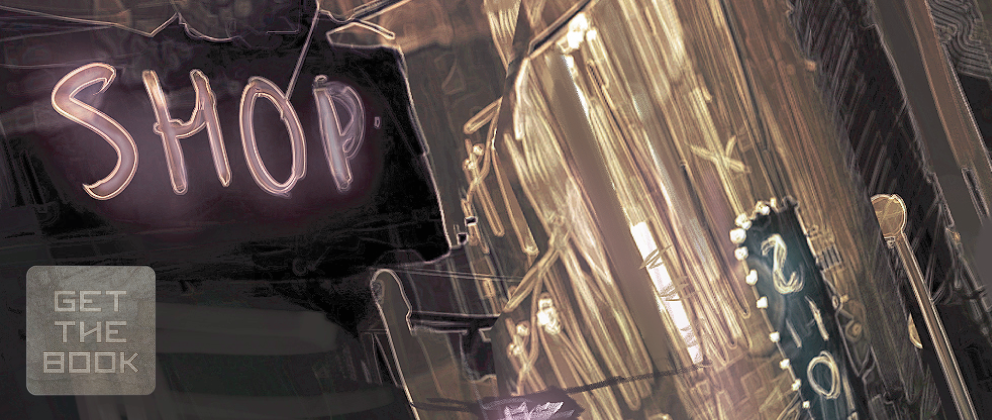
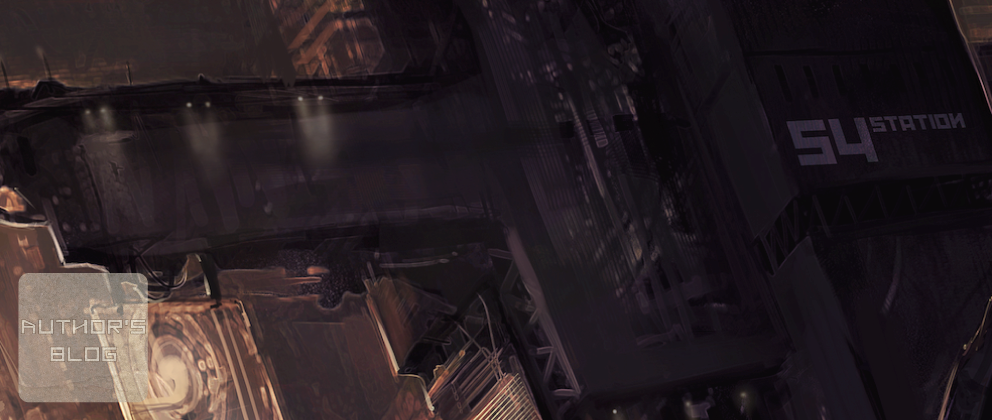
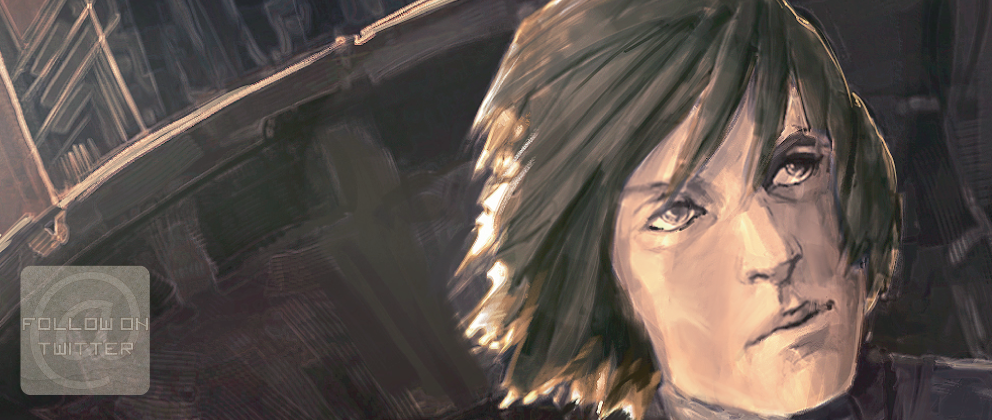


Leave a reply